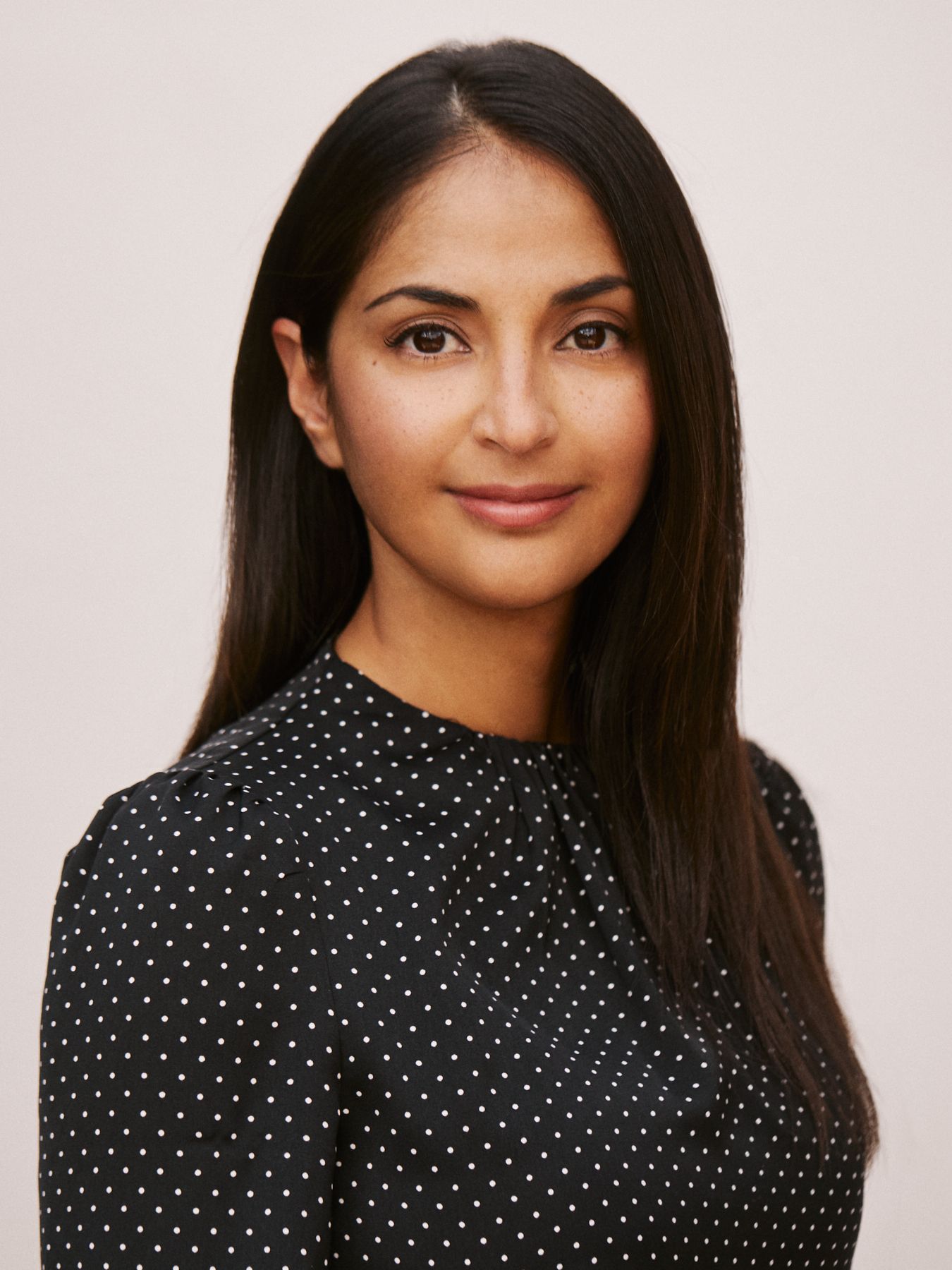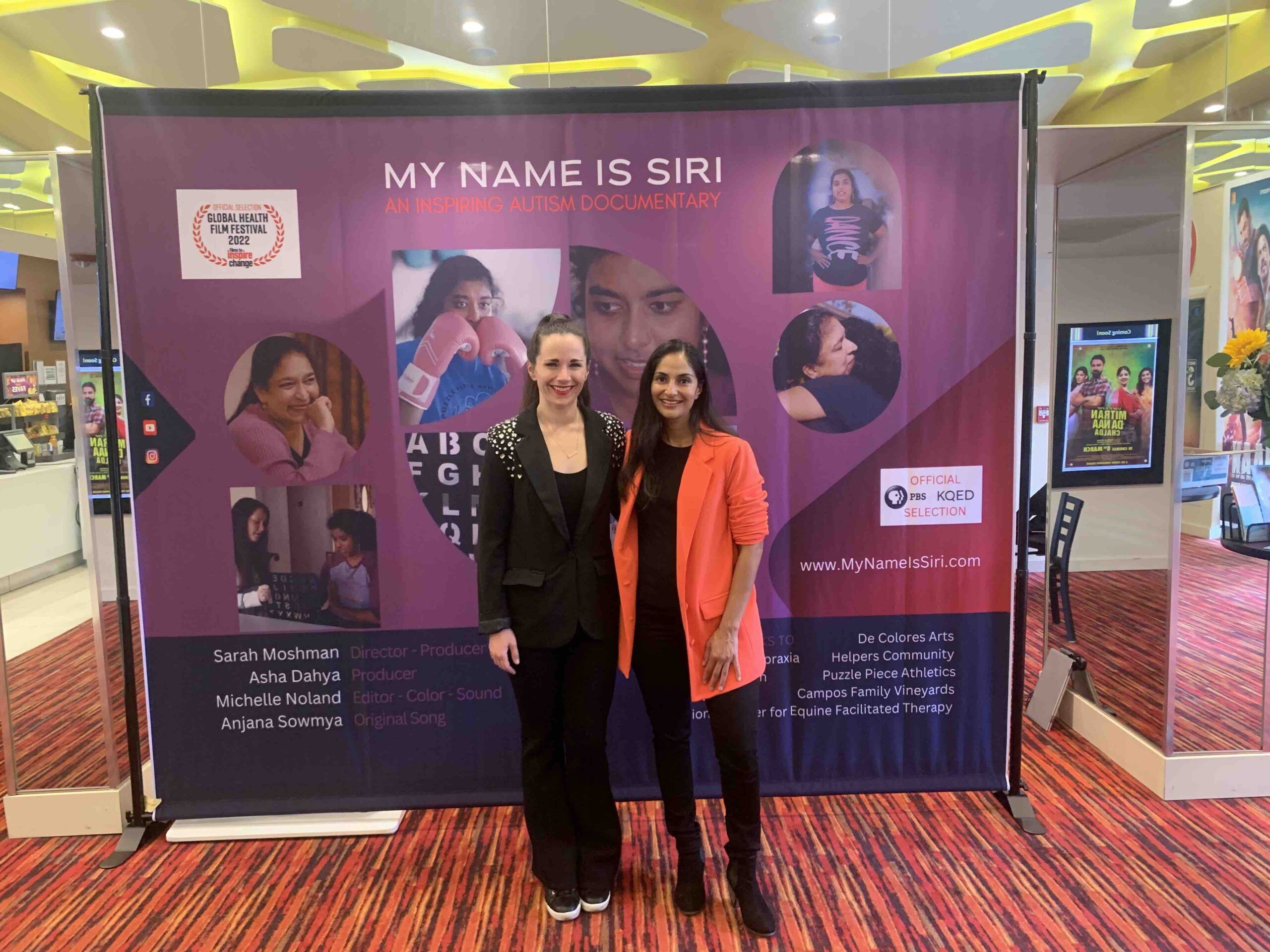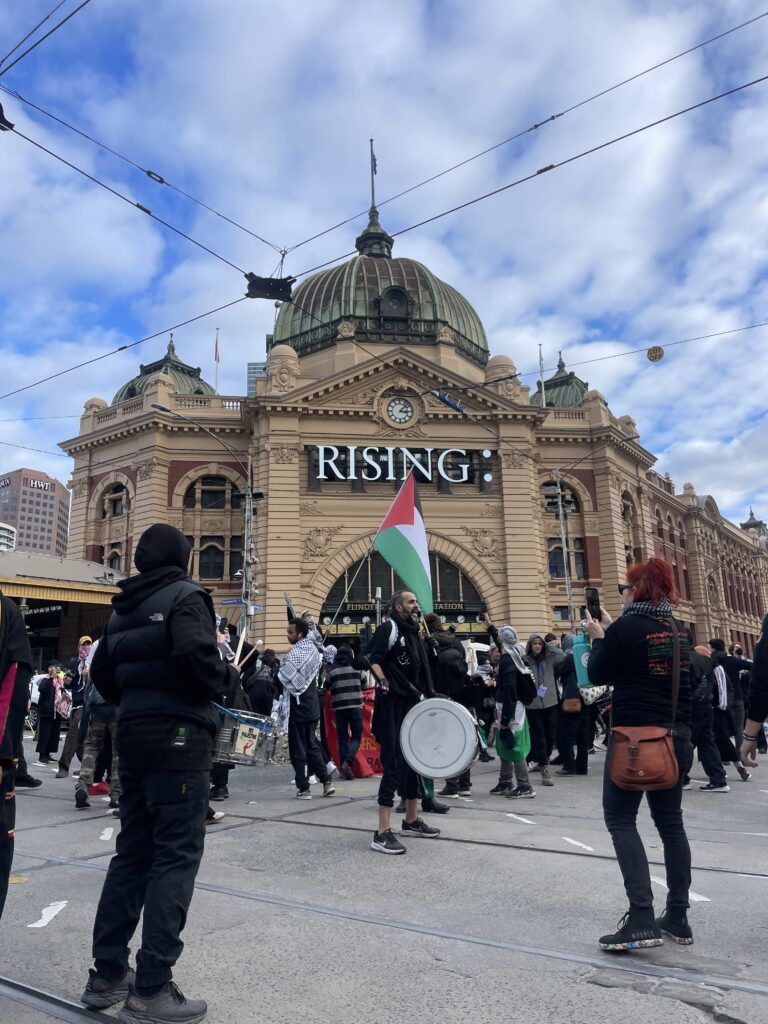Against the glittering backdrop of Hollywood, where the voices of marginalised communities often fade into the background, Asha Dahya’s story shines brightly.
As a producer of the Emmy-nominated short documentary My Name is Siri, Dahya’s dedication to autism awareness has not only earned industry recognition but also ignited conversations around inclusivity and representation.
This film, directed by Sarah Moshman, has captured the hearts of audiences and the attention of the Northern California Chapter of the National Academy of Television Arts and Sciences (NATAS), marking a significant milestone in Dahya’s remarkable career.
When asked about her reaction to the recent Emmy nomination, the former Channel 9 presenter’s excitement was palpable. “I screamed! It was a surreal moment! Working in the documentary space, most projects can take years to get off the ground,” she told BACKCOVERNEWS.COM.

This nomination is not just a professional triumph but a testament to her persistence and dedication to unique storytelling.
The inspiration behind My Name is Siri stemmed from a collaboration with Moshman and the Chettipally family, who sought to highlight their daughter Siri’s journey with severe non-verbal autism.
The project faced delays due to the pandemic but resumed in 2021, allowing the team to capture pivotal moments in Siri’s life, such as her enrolment in community college.
UK-born Dahya, who grew up in Australia within a family of Indian immigrants, reflects on the profound impact of the film. She notes the heartfelt reactions from families within the autism community, who found inspiration and hope in Siri’s story.
Dahya’s journey from Australia to the United States in 2008 was driven by her ambition to advance her TV career.
Over the past 17 years, she has navigated various roles, from hosting shows on Nickelodeon and MSNBC.com to working behind the camera on America’s Next Top Model.

Her career also includes a TEDx talk on reproductive rights, a published book titled Today’s Wonder Women: Everyday Superheroes Who Are Changing The World, and ongoing projects like a short, animated documentary about abortion rights and a podcast series on reproductive rights in Latin America.
As a woman of colour, Dahya has faced significant barriers in the film industry. Early in her career, she encountered discrimination during host auditions, where her ethnicity was often seen as a liability rather than an asset.
“Although the U.S. is very diverse, much more so than Australian media in a number of ways, I constantly came up against the ‘palatable’ excuses for why I wasn’t the right fit for the job,” she recalled.
“There were a few instances where I knew without a doubt that being a woman of colour worked against me. I was in the running for a really great host job on a digital platform, and it was between me and a white American guy.
“The producer who I auditioned for ended up telling me that the advertisers, who were a big American car company, wanted to go in the direction of something with a more American ‘sensibility’, whatever that means.”
These experiences propelled her to create her own projects and platforms, empowering herself and showcasing her talents without waiting for external validation.
Comparing her experiences in Australia and the U.S., Dahya acknowledges the progress made in Australian media but also highlights the ongoing challenges.
“Our mainstream TV is not fully reflective of how multicultural Australia is, although it is heading in a much better direction in recent years,” she said.
“I hope the diversity continues, not just to tick a box, but because when a variety of voices are represented in mainstream media, it says a lot about who we value and assign cultural power to.”
The mother-of-two remains committed to breaking down barriers and creating new pathways for diverse voices in the media landscape.
“I also think it’s part of the reason why so many artists and creatives of colour leave and go overseas for opportunities,” she said.
“But I am hopeful that we can continue to break down the barriers and create new pathways. This platform, for instance, is a great example of the change.”
Emmy winners will be announced in a ceremony to be held on June 15 in San Francisco, California.

